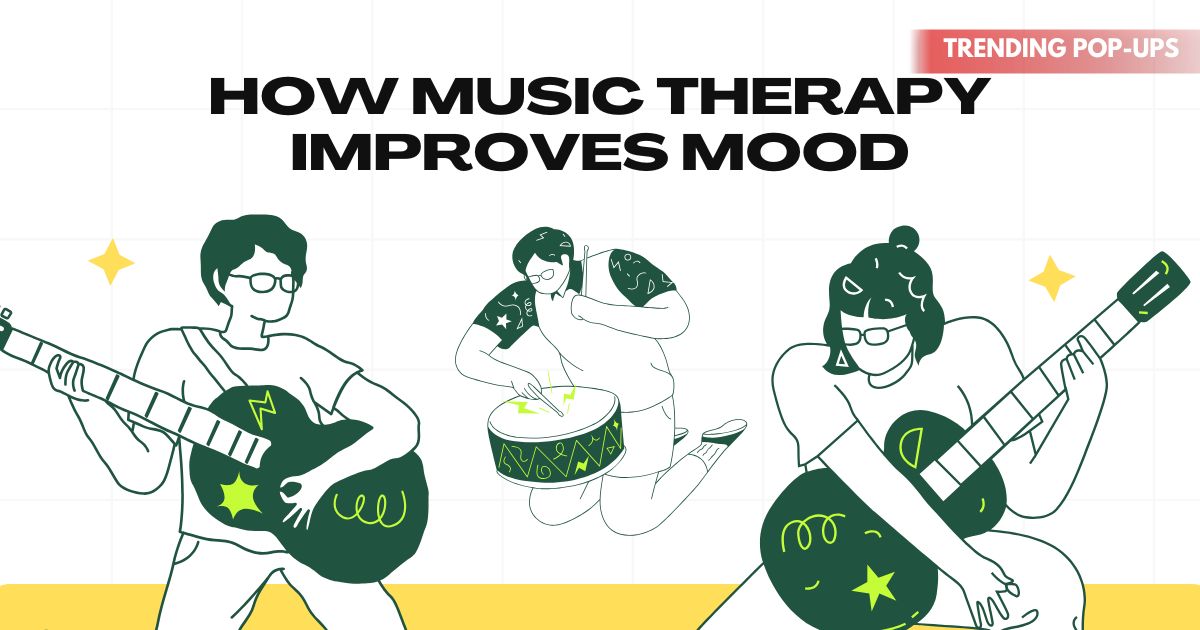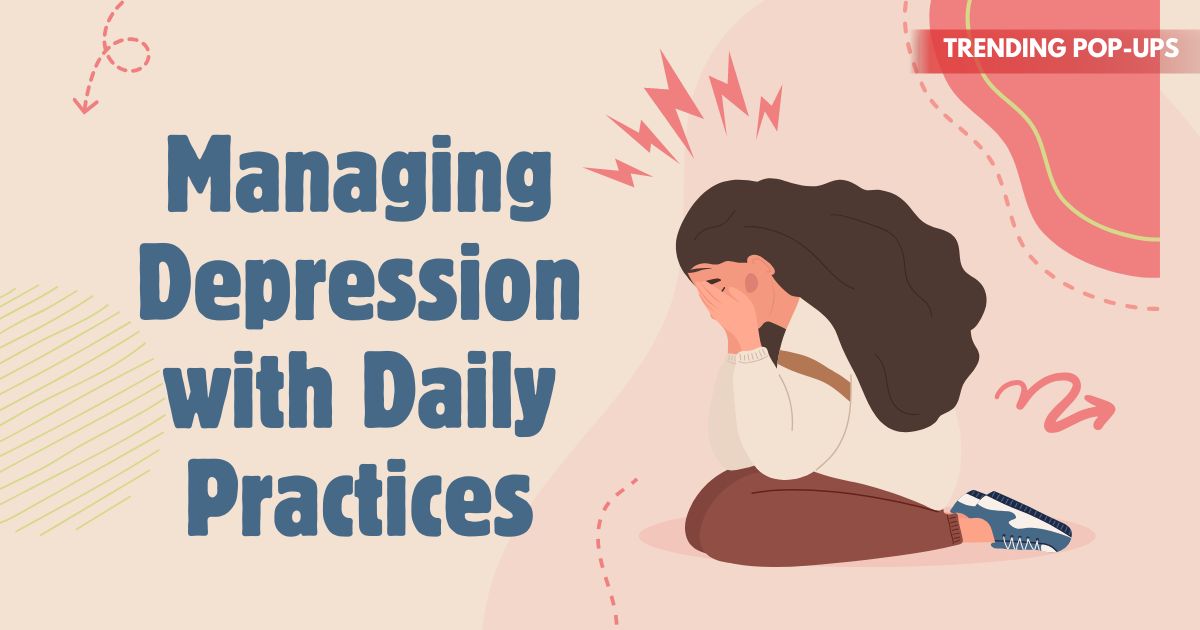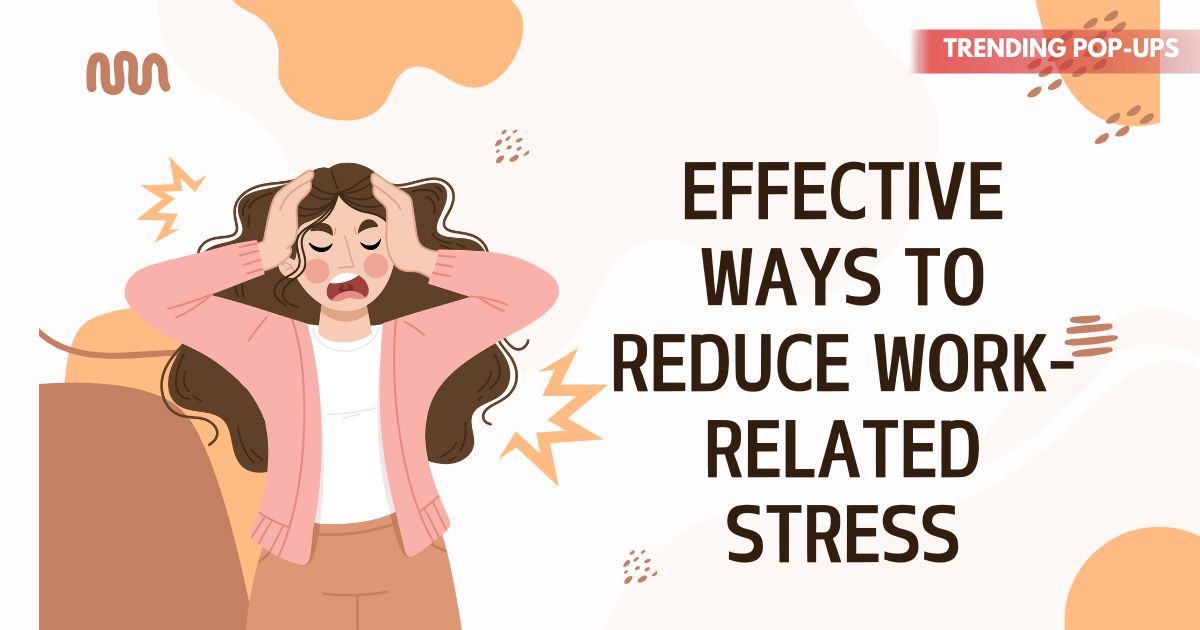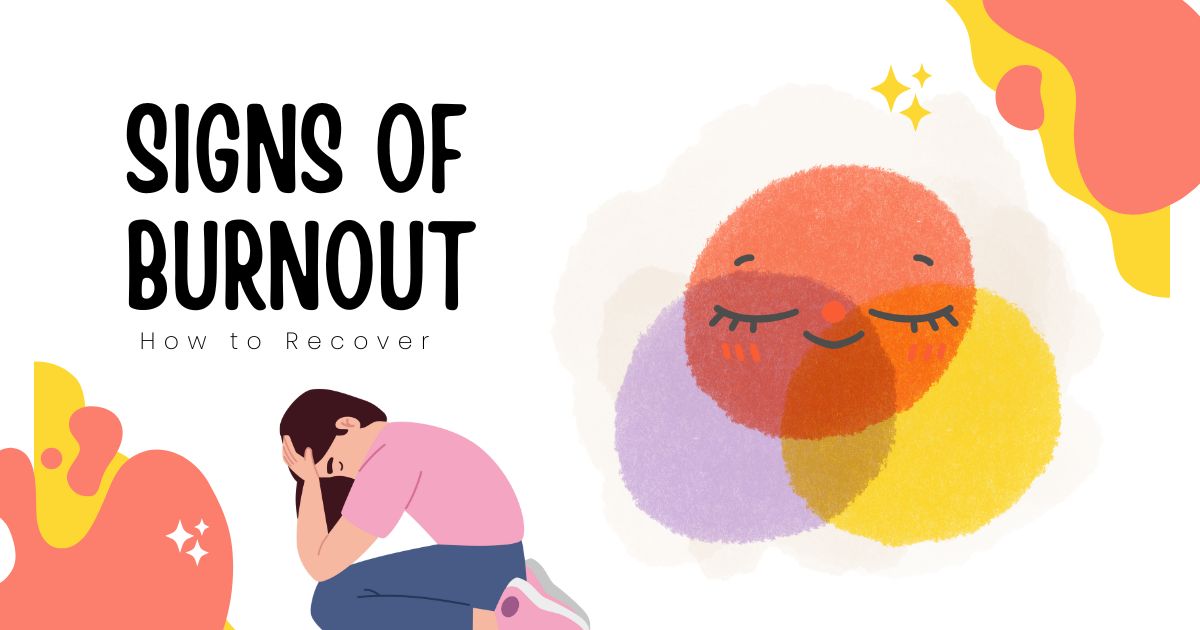Music has always been a powerful force in human life. From ancient rituals to modern concerts, it has the ability to evoke deep emotions, calm the mind, and even bring joy. In recent decades, music therapy has emerged as a scientifically backed approach to improve mood, alleviate stress, and support mental health. This article explores how music therapy works, the evidence supporting its benefits, and practical ways to incorporate it into daily life.
What is Music Therapy?
Music therapy is a clinical and evidence-based use of music interventions to accomplish individualized goals within a therapeutic relationship. It is guided by trained professionals who tailor sessions to the physical, emotional, cognitive, and social needs of individuals.
Music therapy can involve:
-
Listening to music to relax or stimulate emotions.
-
Playing instruments to enhance motor skills and self-expression.
-
Singing or vocal improvisation to release emotions.
-
Songwriting and composing to process experiences and thoughts.
Unlike casual listening, music therapy is structured and purpose-driven, often used in hospitals, mental health facilities, schools, and private practices.
The Science Behind Music and Mood
Music impacts the brain in multiple ways. Neuroscientific research shows that listening to or creating music stimulates regions involved in:
-
Emotion regulation (amygdala and prefrontal cortex)
-
Reward and pleasure (nucleus accumbens and dopamine pathways)
-
Memory and cognition (hippocampus)
-
Stress response (reduces cortisol levels)
A 2019 study published in Frontiers in Psychology found that individuals who participated in structured music therapy experienced significant reductions in anxiety and depressive symptoms compared to control groups. Another study highlighted that even 30 minutes of music listening per day could improve mood and enhance emotional well-being.
How Music Therapy Boosts Mental Health
1. Reduces Stress and Anxiety
Music has a direct impact on the body’s stress response. Listening to calming music lowers cortisol levels and slows the heart rate. Techniques like guided relaxation with music or soft instrumental pieces can help manage daily stress.
2. Elevates Mood
Upbeat, rhythmic music can stimulate dopamine release, enhancing feelings of happiness and motivation. Music therapy sessions often incorporate songs that resonate with the individual’s preferences to trigger positive emotional states.
3. Supports Emotional Expression
Some people struggle to articulate feelings, especially in cases of trauma or depression. Creating music or songwriting allows them to express emotions safely and constructively, aiding emotional release and self-awareness.
4. Improves Cognitive Function
Music therapy enhances attention, memory, and executive function, particularly in patients with neurological conditions. By engaging multiple brain regions, music helps regulate emotions while boosting cognitive resilience.
5. Encourages Social Connection
Group music therapy sessions foster interaction, cooperation, and shared experiences, which are vital for emotional support. Singing, drumming, or collaborative songwriting can strengthen social bonds and reduce feelings of isolation.
Types of Music Therapy Techniques
Music therapy is versatile, and techniques can be customized to meet specific goals:
-
Receptive Music Therapy: Listening to pre-recorded or live music to relax, stimulate, or uplift mood.
-
Active Music Therapy: Participating by singing, playing instruments, or composing music to actively process emotions.
-
Improvisational Music Therapy: Spontaneous creation of music to encourage self-expression and creativity.
-
Lyric Analysis and Songwriting: Using lyrics to explore personal experiences, emotions, and problem-solving.
Each approach targets different aspects of mental and emotional health and is often combined for optimal benefits.
Incorporating Music Therapy into Daily Life
Even without professional guidance, you can integrate music therapy principles into your daily routine:
-
Curate a Mood Playlist – Create playlists for relaxation, motivation, or emotional release.
-
Engage Actively – Sing, hum, or play an instrument to actively connect with the music.
-
Mindful Listening – Focus on instruments, lyrics, and rhythm to enhance mindfulness and reduce stress.
-
Music Journaling – Listen to a song and write down the emotions it evokes to process feelings.
-
Group Sessions – Join community choirs or drumming circles for social and emotional support.
Consistency is key—just 20–30 minutes a day can make noticeable improvements in mood over time.
Scientific Evidence Supporting Music Therapy
-
Depression and Anxiety: A 2017 meta-analysis in The Cochrane Library confirmed that music therapy significantly reduces depressive symptoms in adults.
-
Neurological Disorders: Patients with Alzheimer’s or Parkinson’s disease show improved mood, memory recall, and motor coordination with regular music therapy.
-
Pain Management: Music therapy lowers perceived pain levels and improves emotional coping during medical treatments.
These findings highlight that music therapy is not merely recreational but a legitimate intervention for mental and emotional health.
Tips for Choosing the Right Music
Selecting the right music is essential for mood improvement:
-
Personal Preference Matters: Music that resonates emotionally is more effective.
-
Tempo and Rhythm: Slow, steady rhythms calm the nervous system; upbeat music boosts energy and positivity.
-
Instrumental vs. Lyrics: Instrumental music may help focus or relax, while lyrical music can aid emotional processing.
-
Cultural and Personal Relevance: Familiar songs can evoke positive memories and emotional comfort.
Experimentation is encouraged—everyone responds differently to musical stimuli.
Conclusion
Music therapy is a powerful, scientifically backed approach to enhancing mood and emotional well-being. By reducing stress, facilitating emotional expression, improving cognitive function, and fostering social connections, it provides holistic benefits for mental health. Whether through professional sessions or personal music practices, incorporating music into daily life can significantly improve emotional resilience, happiness, and overall quality of life.
Also Read : Top 10 Foods That Strengthen Your Immune System
FAQs
1. Can music therapy replace traditional mental health treatments?
Music therapy is a complementary approach. It can enhance mood and reduce stress but is most effective when combined with therapy, medication, or other interventions.
2. How often should one engage in music therapy for mood improvement?
Daily sessions of 20–30 minutes are ideal, but even a few focused sessions per week can be beneficial.
3. Is music therapy effective for children and seniors?
Yes, music therapy benefits all age groups, including children with developmental disorders and seniors with cognitive decline.
4. Do I need a trained therapist to see benefits?
While professional guidance provides tailored interventions, simple music listening, singing, or playing instruments at home can also improve mood.
5. Can any type of music improve mood?
The effectiveness depends on personal preference and emotional resonance. Calming music is ideal for stress reduction, while upbeat tracks can boost energy and motivation.



